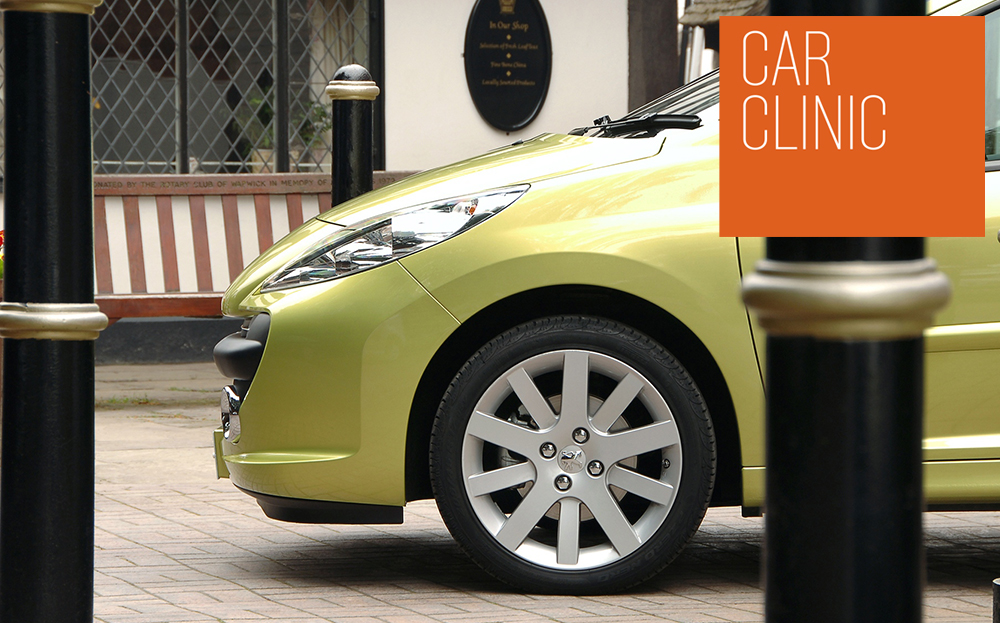What are the benefits of 'normal' tyres over low-profile tyres?
Your motoring problems solved

Q. I drive a Peugeot 207 fitted with low-profile tyres. I’m considering replacing them with “normal” tyres. Will this give me quieter running and what effect will there be on economy and acceleration? PT, via email
A. Broadly speaking, low-profile tyres give better braking and cornering performance on dry roads, although you would have to be driving like a man possessed to tell the difference on most cars.
Higher-profile tyres are generally quieter and may provide a more cushioned ride. They are also cheaper to buy, may increase fuel efficiency, are less likely to aquaplane and could give better grip in snow.
Search for and buy your next car on driving.co.uk
So why are low-profile tyres popular? In truth it’s just a fashion thing: wheels are better looking than tyres, so a car looks fancier for being “more wheel, less tyre”.
Altering a car’s tyre size is not straightforward, as you need to maintain the overall diameter of the wheel/tyre assembly, otherwise your speedometer and mileometer will record your speed and distance inaccurately. You also run the risk of the tyre coming into contact with the car’s bodywork or suspension parts. The usual advice is to alter the original diameter by no more than 2.5%.
To make any serious difference, you need to buy smaller wheels in addition to the replacement tyres, although that’s not as costly as it sounds. A high-profile tyre will be about £20 cheaper than the low-profile equivalent, so you could save £80 on the four tyres. Each new wheel will cost about £60 (or less if you settle for steel wheels), so assuming you had to change the tyres anyway, for an additional outlay of £160 you may get a more comfortable ride in the present, plus the promise of cheaper tyres in the future.
One final point: your motor insurer must be notified of any change you make to the car’s original specification.
TIM’LL FIX IT
Tim Shallcross used to train AA patrols to fix cars. Now he advises the Institute of Advanced Motoring – read more from Tim here.
GOT A PROBLEM?
Email your question to carclinic@sunday-times.co.uk or write to Car Clinic, Driving, The Sunday Times, 1 London Bridge Street, London, SE1 9GF, with a daytime phone number,
your address and as much detail about your car as possible. We can’t reply in person, so don’t send original documents or SAEs. Advice is given without legal responsibility.




